This is an unverified theory that is going on since 23rd March 1931. This is a story that is not proven officially ever about the execution of our great heroes Bhagat Singh, Sukhdev and Rajguru on 23rd March 1931. It is about an alleged secret plan to execute the 3 revolutionaries via a death squad sent to the Lahore jail on that fateful day.
Here is the whole story about the execution of Bhagat Singh, Sukhdev, and Rajguru
Bhagat Singh, also known as Shaheed Bhagat Singh, was an Indian socialist revolutionary who played a pivotal role in the Indian independence movement. Born on September 28 1907, in Punjab, Bhagat Singh was the son of a revolutionary father, Kishan Singh, who was part of the Ghadar Movement. Bhagat Singh grew up in a politically charged environment, profoundly impacting his thinking and actions.
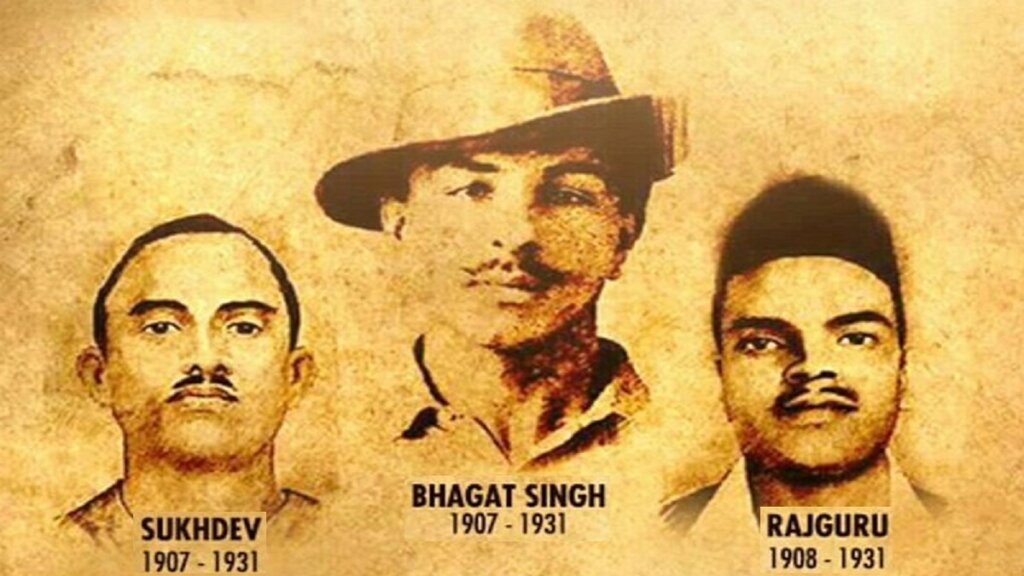
Bhagat Singh And Operation Trojan Horse: What’s the truth?
He was a member of the Hindustan Socialist Republican Association (HSRA), responsible for some of the most significant anti-British activities during the Indian independence movement. Bhagat Singh’s role in the Indian independence movement, his great sacrifice for Mother India and Operation Trojan Horse is enough to understand how great Singh was.
Bhagat Singh’s involvement in student politics marked his early years. He joined the National College in Lahore, where he came into contact with other revolutionary leaders like Chandrashekhar Azad, Sukhdev Thapar, and Rajguru. He was a voracious reader of socialist literature. As a result, he became deeply influenced by Marxist ideology.
On April 8, 1929, Bhagat Singh and his comrades planned and executed a dramatic attack on the British government. They exploded a bomb in the Central Legislative Assembly in Delhi to protest against the Public Safety Bill, which aimed to curb civil liberties. The bombing led to the arrest of Bhagat Singh and his comrades, and they were put on trial for their actions.
During the trial, Bhagat Singh and his comrades used the courtroom as a platform to espouse their revolutionary ideas. They refused to plead for mercy and instead used the trial to expose the injustices of British rule in India. Bhagat Singh famously declared, “Revolution is not the cult of the bomb and the pistol. Neither is it a sudden outbreak of mass fury. It is a long and painful process. It is the outcome of economic and social conditions which have been a-growing and developing for decades.”
Despite their passionate defence, Bhagat Singh and his comrades were sentenced to death. On March 23 1931, they were hanged in Lahore Central Jail. Their martyrdom galvanized the Indian independence movement, and they became symbols of resistance and freedom.
Bhagat Singh’s legacy continues to inspire generations of Indians, and he remains an icon of the struggle for independence. His ideas on socialism, equality, and justice have inspired many political movements in India, and his writings continue to be widely read and studied.
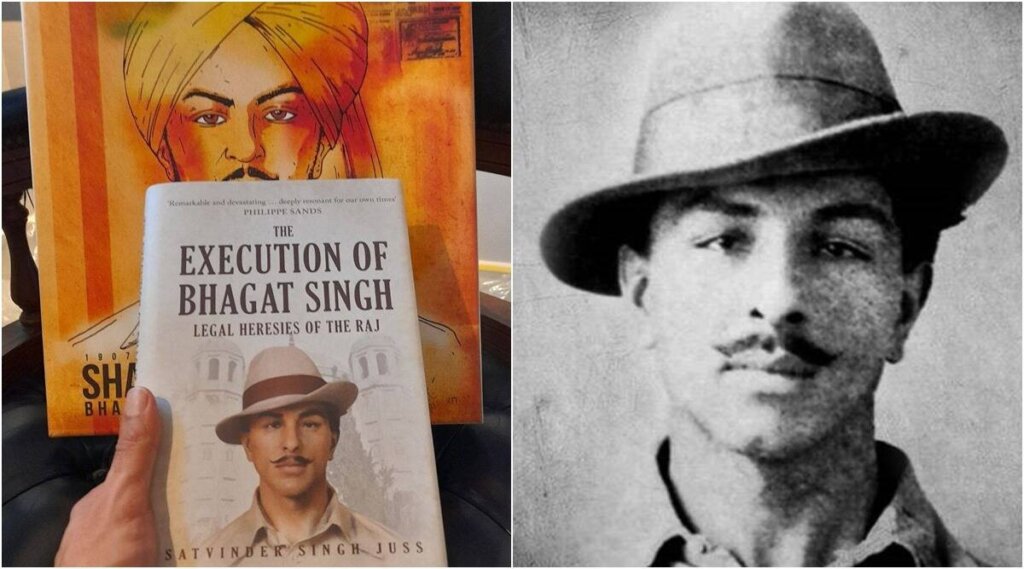
Bhagat Singh And Operation Trojan Horse: What’s the truth?
Operation Trojan Horse
Operation Trojan Horse, the ‘Delhi Conspiracy Case,’ was a major political trial in India in the early 1930s. Bhagat Singh, the great national hero, was a major part of this. Bhagat Singh and his group were accused of plotting to overthrow British colonial rule in India. The trial attracted widespread attention in India and worldwide, and it remains an important chapter in India’s struggle for independence.
The Trojan Horse Case took place in the year 1929. Before that, Bhagat Singh and his associates were charged with the murder of a British police officer, John Saunders. Bhagat Singh and his comrades, Sukhdev Thapar and Shivaram Rajguru, were accused of throwing a bomb at Saunders, who led a police team to arrest Singh’s fellow revolutionary, Lala Lajpat Rai. Rai was protesting against the Simon Commission, which was formed to investigate and make recommendations about India’s constitutional reform.
The incident occurred on December 17, 1928, and the trial began on May 8, 1929. During the trial, Bhagat Singh and his comrades decided to turn the proceedings into a platform to propagate their revolutionary ideology and expose the injustices of British rule. They did not deny their involvement in the bombing and made statements that openly challenged the legitimacy of the British government in India.
The trial was presided over by Justice Rai Sahib Pandit Sri Shiv Charan Das, who was known for his harsh judgments against Indian revolutionaries. The prosecution relied on eyewitness accounts and circumstantial evidence to establish the guilt of Bhagat Singh and his associates. On the other hand, the defense argued that the bombing was not premeditated murder but an act of self-defense against a colonial oppressor.
Bhagat Singh and his associates used the trial to make a powerful statement against British imperialism. During the proceedings, they made several speeches in court that highlighted the need for India’s independence and exposed the oppressive nature of British rule. Bhagat Singh, in particular, delivered a powerful statement that went down in history as one of the most significant moments in the Indian independence movement. He declared, “The real terrorism is the terrorism of the British rulers. Bomb for a bomb, and revolver for revolver is not my policy. I am against it. But I cannot deny the right of oppressed people to use such arms as are necessary for their liberation.”
The Trojan Horse Case symbolized resistance against colonial rule and inspired a new wave of revolutionaries to join the struggle for Indian independence. Bhagat Singh and his comrades’ brave stance in court earned them widespread admiration and respect among the Indian people, who saw them as heroes fighting for their freedom.
The trial ended with the conviction of Bhagat Singh, Sukhdev Thapar, and Shivaram Rajguru. Some British police made a mysterious arrangement in which they sent a group of a few British officials to Delhi and put up the squeeze on the Governor General of India, Ruler Irwin, and in this manner got his quiet agreement to carry on their arrangement named “Trojan Horse”.
In this way, on 23rd March 1931, the “Trojan Horse” plan was wholly carried out. After a phony show of execution the three young fellows were taken to a mysterious place of the Lahore Cantonment where they were shot dead by “the death squad”.
To disguise the entire episode, the specialists had made a game plan for incineration on the bank of the Beas river.
The legacy of Bhagat Singh and the Trojan Horse Case inspires generations of Indians to fight for their rights and resist oppression. Bhagat Singh’s courage, passion, and commitment to the cause of Indian independence have made him an iconic figure in Indian history. His ideas and principles continue to influence political and social movements in India today, and his legacy lives on through his writings and speeches.
Conclusion
The Trojan Horse case was a pivotal moment in the Indian independence movement. Bhagat Singh and his comrades used the trial to challenge the British ruler’s legitimacy in India and call for a socialist revolution. The trial exposed the inhuman conditions of the Indian prisons and the brutal methods of interrogation used by the British police.
Despite the efforts of the accused, the trial did not end well for them, and Bhagat Singh and his comrades were executed. However, the famous operation Trojan Horse has been famous for the facade played by the death squad to shoot Bhagat Singh and his comrades. The legacy of Bhagat Singh, Sukhdev and Rajguru will keep shining like the north star forever.
Related Read | 7 Films Based On Bhagat Singh




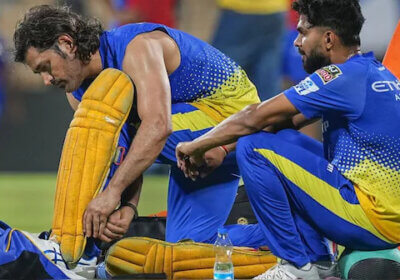
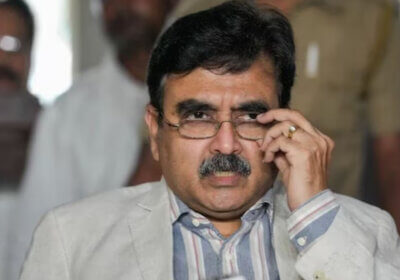
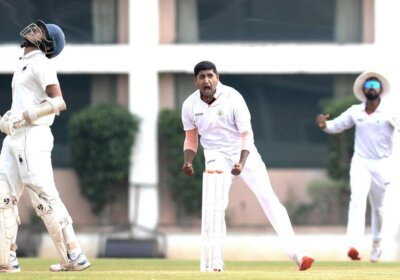
















Leave a Reply